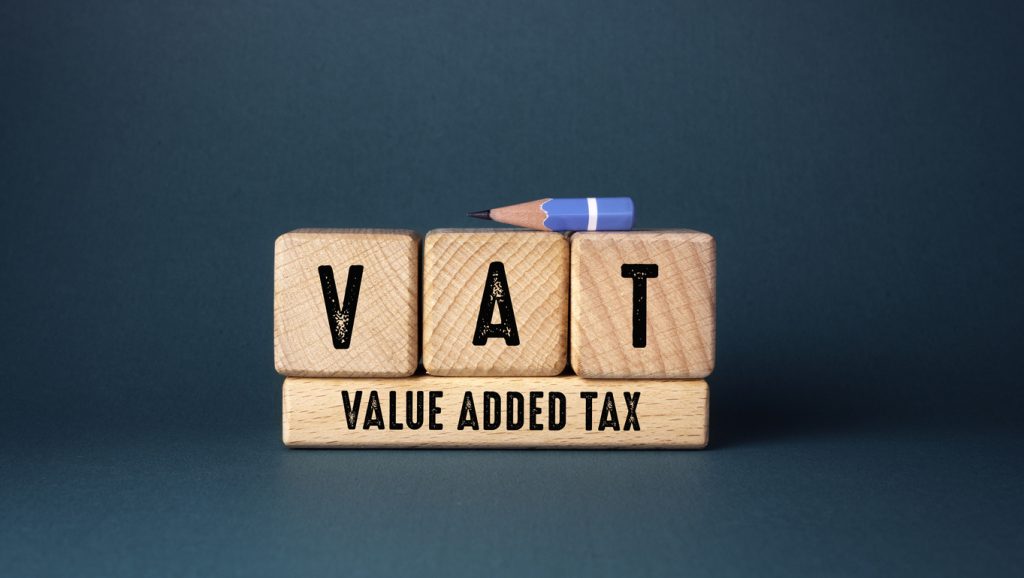
Get in Touch
Our team of accountancy experts are available to speak to you as soon as possible. You can also email us or complete the contact form and one of the team will be in touch.
A CHAPS payment (short for “The Clearing House Automated Payment System”) is used for same-day transactions in the UK. Back in the day, owing to the same-day guarantee, CHAPS transfers were popular for those moving large amounts of money.
But today, in the world of Faster Payments and with companies like Wise, Revolut and more, CHAPS is not the most cost-effective or even speedy system available to use. When you send a payment by CHAPS, you have to pay up to roughly £35 per transfer and you’re restricted by strict cut-off times by the bank.
Can I pay my tax bill with a CHAPS payment?
Yes! If you’re fast approaching the January deadline, CHAPS can be a useful method to settle your tax bill. To pay using CHAPS, all you need is your payment reference when you pay – your 10-digit UTR number followed by the letter “K”.
You can then use one of the HMRC accounts to send the money to. And don’t worry if one doesn’t jump out at you. To check which one you need, just take a look at your tax bill letter from HMRC.
Why use CHAPS?
If CHAPS costs money to make a payment, we understand why you might discard this option. However, there are advantages that sets CHAPS apart from other methods of payment. The biggest advantage of using CHAPS payments over other cheaper methods such as Faster Payments or BACS is that there’s no limit to the amount of money you can send. The daily limit for Faster Payments is set by the institution hosting them i.e. the bank, and this can mean that if you’re paying a larger tax bill of over £10,000, you could face delays from having to split your payment.
With CHAPS, comparatively, if you catch the cut-off time, you can send your whole bill payment the same day, which is a big selling point.
Frequently Asked Questions
-
Are there any other payment methods I could choose?
Absolutely – a popular method of free payment is Direct Debit via BACs. However, this can take up to 3 working days to clear. If you have the time, though, this is a free payment method so is often preferred.
-
Is there a limit to my CHAPS payment?
Not at all. Despite the disadvantages of specified cut-off times and having to pay for the service, you can benefit from the unlimited transfers of CHAPS.
Search More Terms
View our latest news & insights






